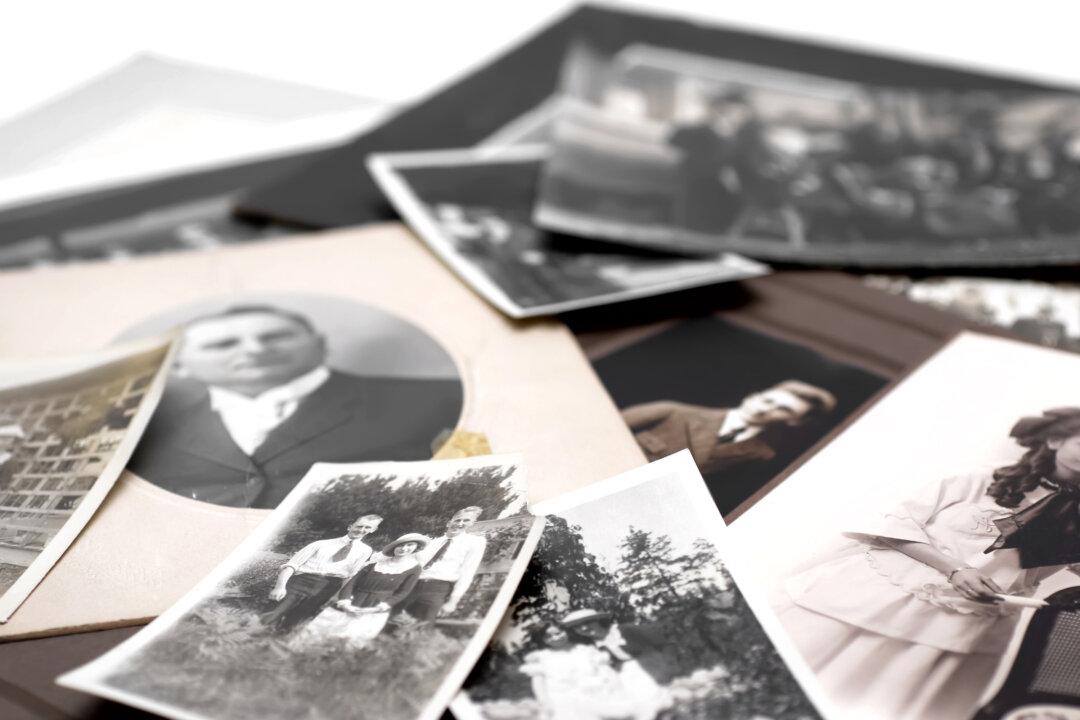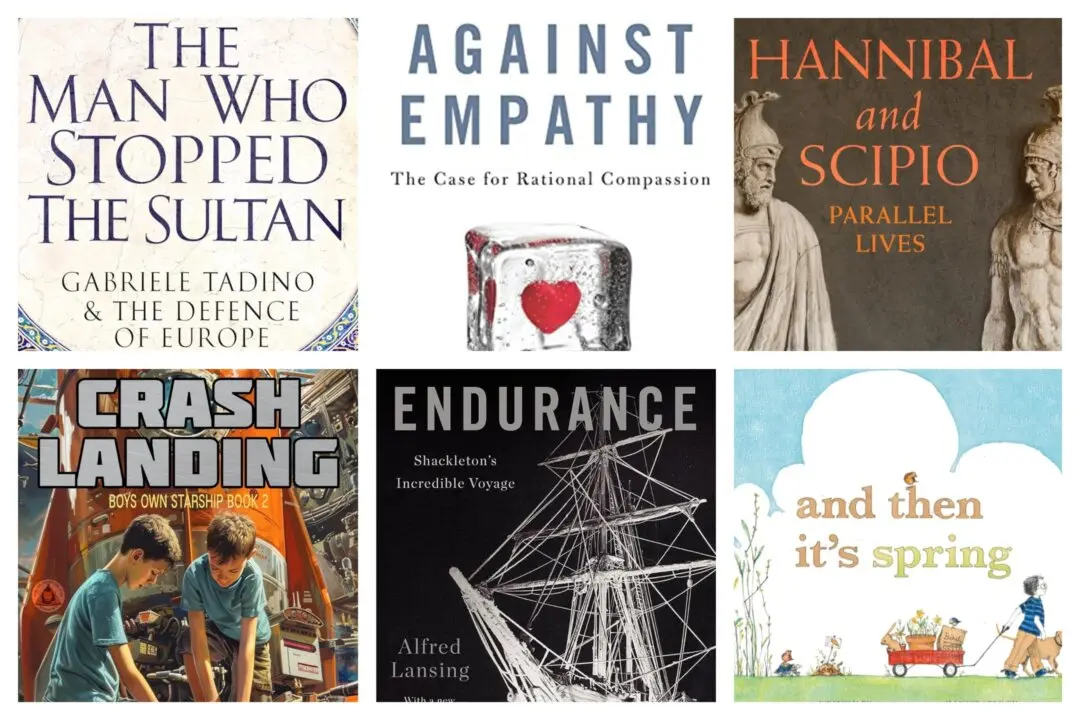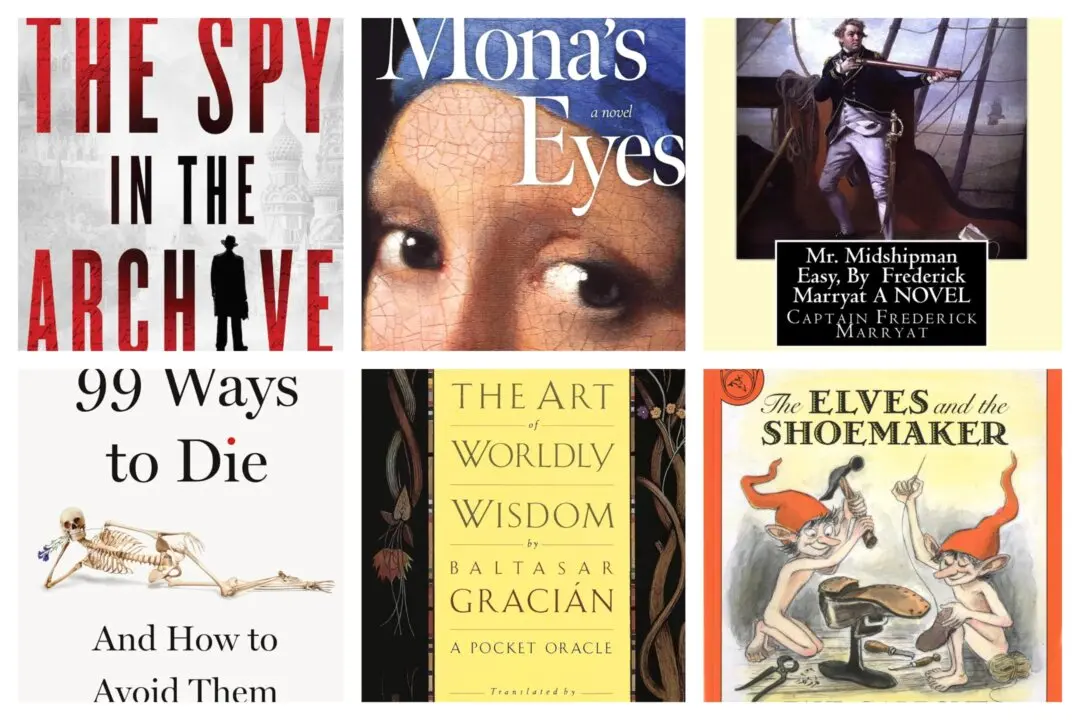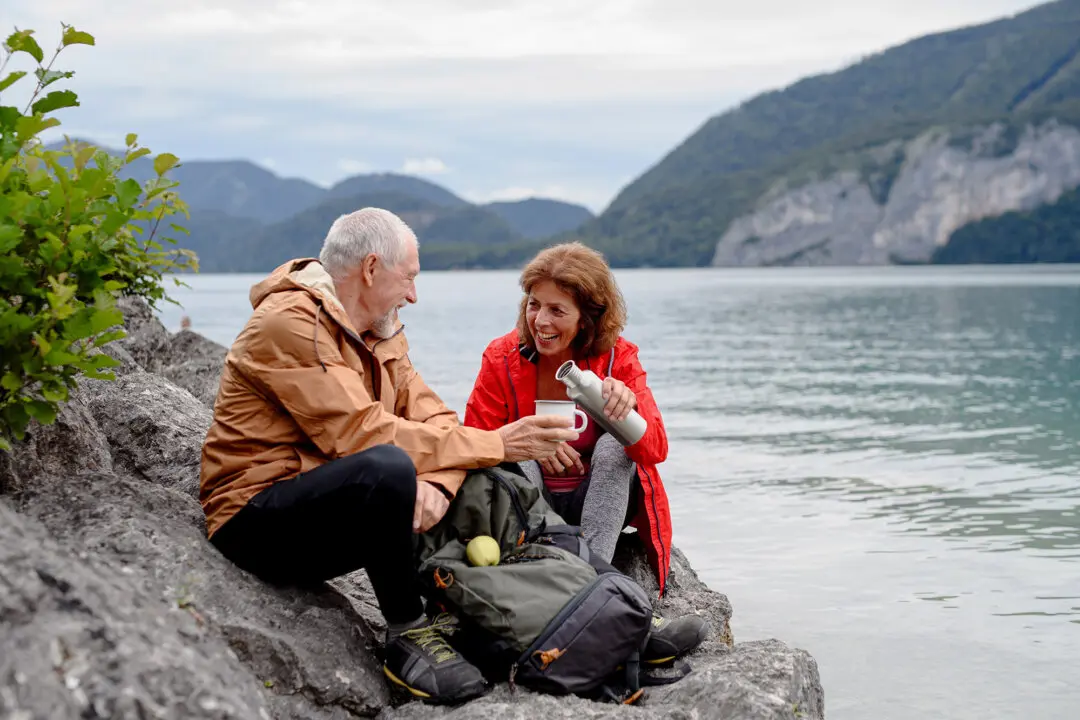Recently, my family has enjoyed using a variety of online resources to trace our family tree. The maturation of the internet has facilitated the ability to dig deeper than ever before into one’s genealogy. It’s amazing what you can find out, and in what detail, about your family history, sometimes going back many generations.
An interesting realization emerges when one fills in more and more details of one’s family tree. As you go back, the tree continues to get broader, and with today’s ability to congregate vast amounts of data, you realize that at some point, the branches of everybody’s trees are going to be connected.






